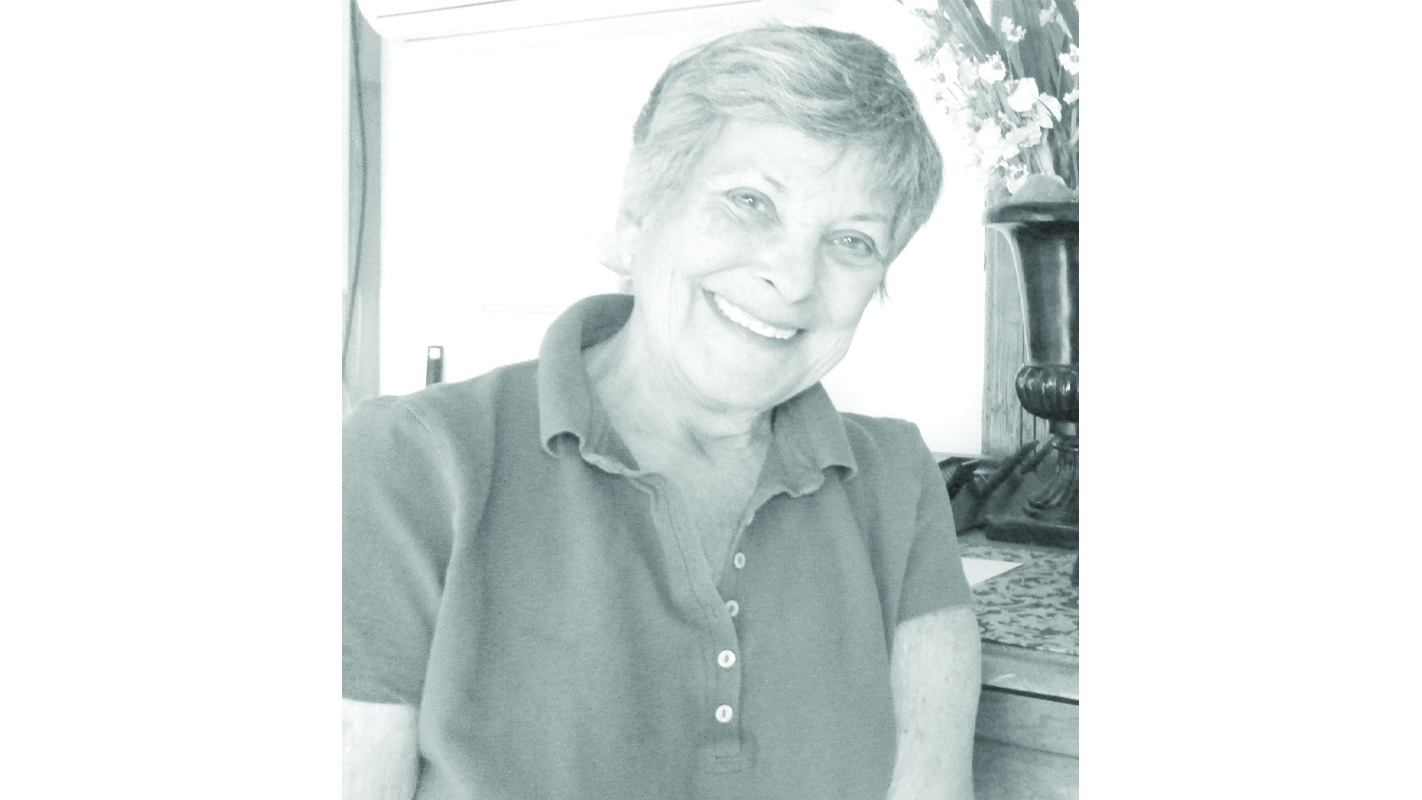Could we ever have imagined that the COVID-19 crisis would spawn the rest of what’s been happening these last few weeks? Discrimination by one group against another has forever been a way of life. Protestants against Catholics against Jews against Muslims against Hindus. Men against women. White colonialists against Indigenous people everywhere. White Privilege against Blacks and Browns. Everyone in their own time and circumstance.
Partly because COVID-19 has put millions of people out of work with nothing to do but worry about their livelihoods and their growing debt; partly because that and social distancing has created explosive stress and anger, partly because police brutality has been particularly pronounced against Black men and women recently, the rant of Howard Beale: “I’m as mad as hell, and I’m not going to take this anymore!” is being heard around the world.
There have been crises in the past. Will this one spark a lasting change in how people with dark skins in a predominantly white-governed world are treated?
Let’s start by looking at the way our society is organized: a healthcare system to deal with birth, death and everything in between; a policing system to deal with crime; an education system to pass wisdom down to younger generations and create the climate for innovative and critical thinking and so on. Six hundred words isn’t quite enough for a fulsome exposé. I’m randomly picking healthcare – it’s enough to show that if some people are treated differently that’s built into the system right from the start.
I usually talk about the need for policy makers from all levels of government to bring our healthcare system into the 21st century. But even if that miraculously happened, it would do nothing to erase the disparities in health outcomes for poor and marginalized people. Dr. Andrew Boozary, Executive Director of Population Health and Social Medicine at the University Health Network is a frontline worker who says COVID-19 has “exposed the moral and systemic failings of our health system…it’s time to make policy changes that should have been made decades ago.”
We’ve been hearing this sentiment for many years. In 2017 when Dr. Jane Philpott was federal health minister she told the Canadian Medical Association, “ it is easily demonstrated that First Nations, Inuit and Metis peoples have suffered from both negligence and systemic discrimination when it comes to healthcare… poor health in Indigenous peoples also derives from a broad range of social inequities – (poor) housing, lack of employment, education, community infrastructure and much more.”
Says Dr. Boozary, “We can’t go back to ‘normal.’ We need to reform our safety net with respect to income supports, to childcare, to safe employment conditions for those we’ve called “essential workers,” rightfully, but previously had no qualms calling “unskilled.” We’ve created this false choice between the economy and public health, without really recognizing that certain parts of the economy never stopped running. And it’s individuals in precarious employment and minimum-wage jobs who have been facing the risks to allow this to happen. And, as we’ve seen from the data, they’re disproportionately the ones who’ve fallen sick or died.”
I’m now at 600 words. Suffice it to say that it’s pretty discouraging to hear people in positions of power to change our systems say that there’s no systemic discrimination in the RCMP, the many police forces across the country or our corporate boardrooms.
Are enough people listening? What are our individual responsibilities as citizens?
Dian Cohen is an economist and a founding organizer of the Massawippi Valley Health Centre.
For more information and to submit ideas for future columns, contact Dian at: Cohendian560@gmail.com






